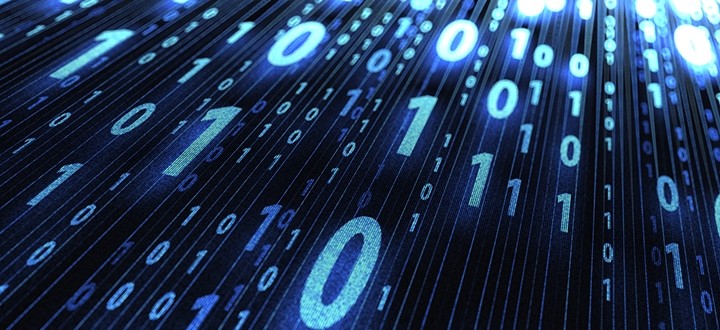A recent report from the U.S. Administrative Office of the Courts reveals that, for the first time, encryption prevented government officials from deciphering communications obtained through wiretaps.
Disclosure of this encryption data takes up only one paragraph of the report, but is very timely information amid many Americans' concern over government surveillance via the Prism program.
The report states that 15 wiretaps in 2012, and 7 wiretaps from previous years encountered encryption. Of those encrypted communications, four were unable to be deciphered. This marks the first time officials were prevented from obtaining the plain text contents of tapped messages since the Administrative Office began collecting encryption data from jurisdictions in 2001.
That's 0.001 percent of the 3,395 authorized wiretaps in 2012; not a significant number, but a significant event to consider nonetheless. Keep in mind that this figure does not include numbers from wiretaps authorized by the Foreign Intelligence Surveillance Court. The U.S. government has long stated its fear of encryption, which they say will inhibit the ability to prevent terrorism.
For many years, federal officials have fought for backdoors into many of major communication methods during the Clinton Administration. In 1997, FBI Director Louis Freeh told Congress, "all of law enforcement is also in total agreement on one aspect of encryption. The widespread use of uncrackable encryption will devastate our ability to fight crime and prevent terrorism," reports Wired.
Finally, in 2012, encryption has foiled a miniscule quantity of attempted wiretaps, proving that we're far from Freeh's feared widespread uncrackable encryption. However, given the revitalized concern over privacy in the shadow of Prism, we may be on the threshold of a new era of privacy standards.
